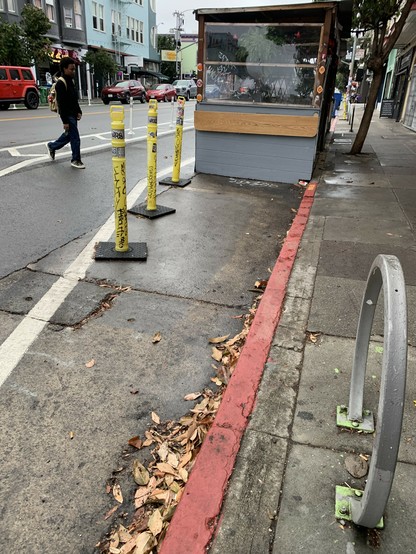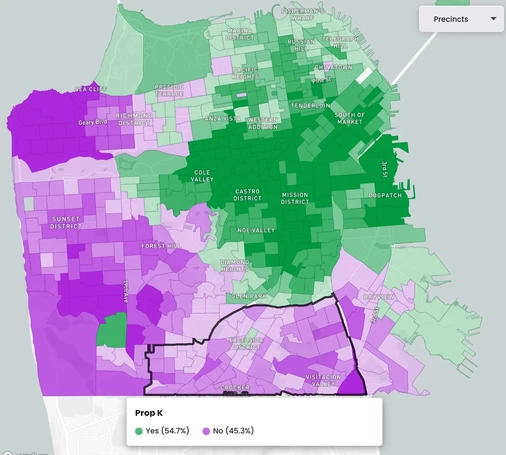2025-10-26 23:50:57
Spotted on #ValenciaStreet: tactical urbanism to block cars crossing the “protected” (not at this location) bike lane to park in the wedge-shaped empty space where the lane zigzags around a parklet
2025-10-26 12:46:39
Having to switch contracts for mobile phone providers, shopping around for insurance quotes, wasting time trying to avoid being fleeced by yearly price increases, because customer loyalty means nothing today.
#oldmanshoutsatcloud
2025-11-20 03:08:13
2025-12-26 21:34:07
Man, #Netflix writers really like to have their characters stand around and preach. #theresidence #strangerthings
2025-12-18 04:05:49
Peter Arnett, a Pulitzer Prize-winning correspondent who covered the Vietnam War for the AP and the first Gulf War for CNN, has died at 91 (John Rogers/Associated Press)
https://apnews.com/article/peter-arnett-dead-e1e6815b50fe416b9ecf08453e9e80c4
2025-11-21 10:34:42
155 Euros (normal price 169 Euros)
#Aranet #CovidIsAirborne
2025-10-23 20:07:14
the most excellent @… has posted his tapes from the very tasty looking fly around festival from august, with a bunch of great contemporary acoustic improvisers (powers/rolin, elkhorn) & a few songwriters (myriam gendron, joan shelley). looking forward to getting autumnal with a bunch of these sets soon.
2025-12-18 15:30:05
2025-11-24 23:42:58
Joe Eskenazi's @… column today speculates that Connie Chan and allies will run a doomed prop to close Sunset Dunes park, just to turn out voters for Chan.
But a good chunk of No on K voters are in congressional district 15, outlined, and can't vote for Chan. #sfpol<…
2025-10-17 05:13:06
Cars and RVs surged into Yosemite national park throughout the weekend,
as visitors from around the world came to enjoy the crisp autumn weather,
undeterred by a lack of park services and the absence of rangers.
National parks have largely been kept open through the lapse in US federal funding that has left workers furloughed and resources for the parks system more scarce than usual.
But as the US government shutdown enters its third week and legislators warn that the…




